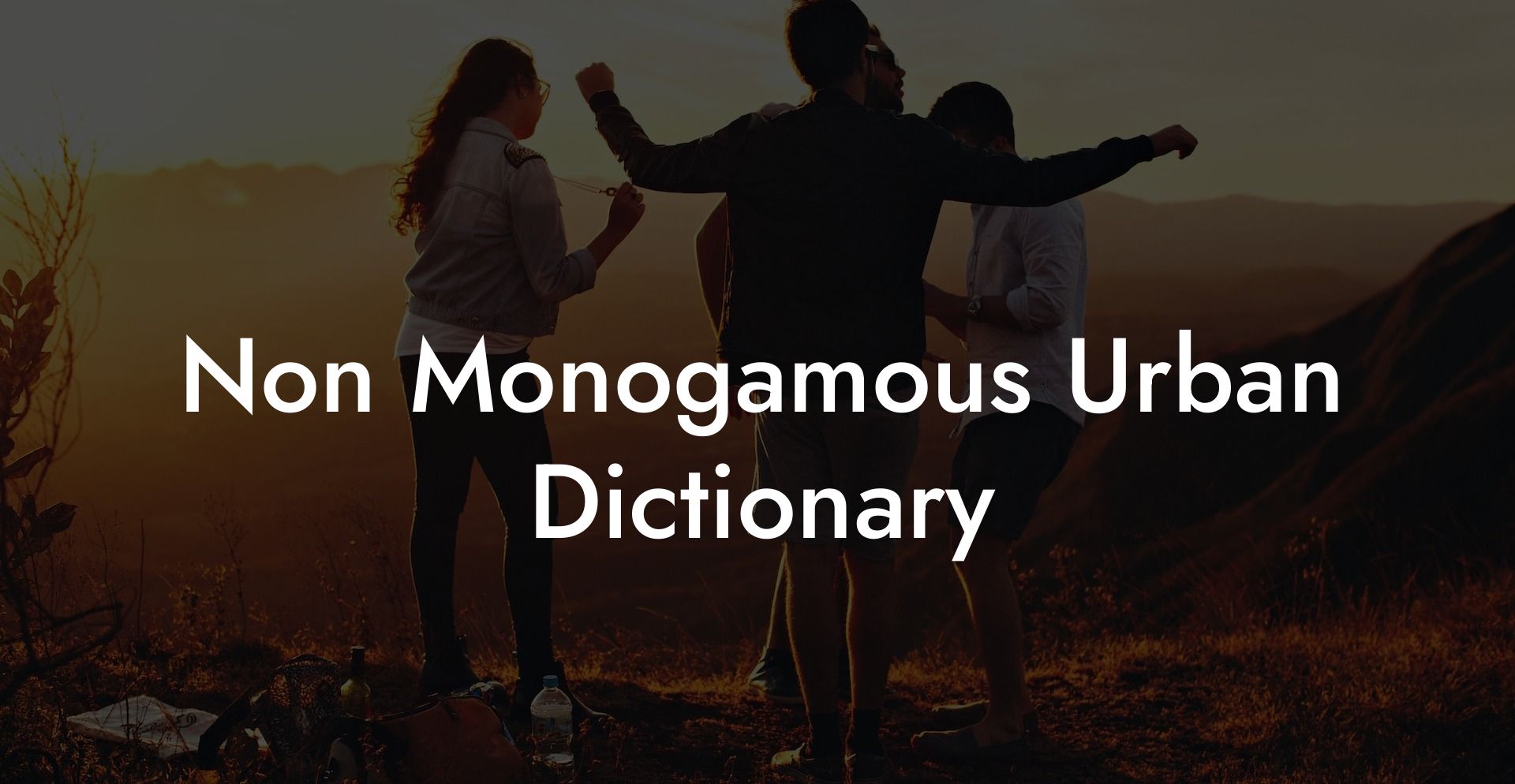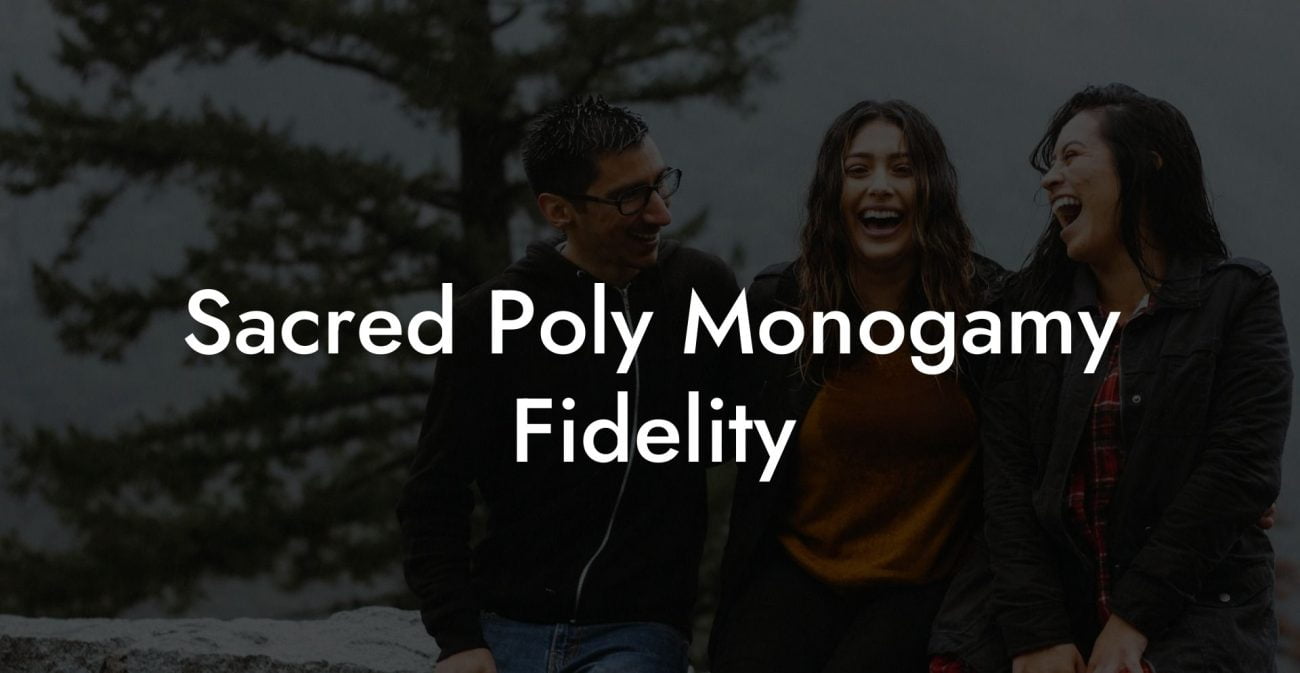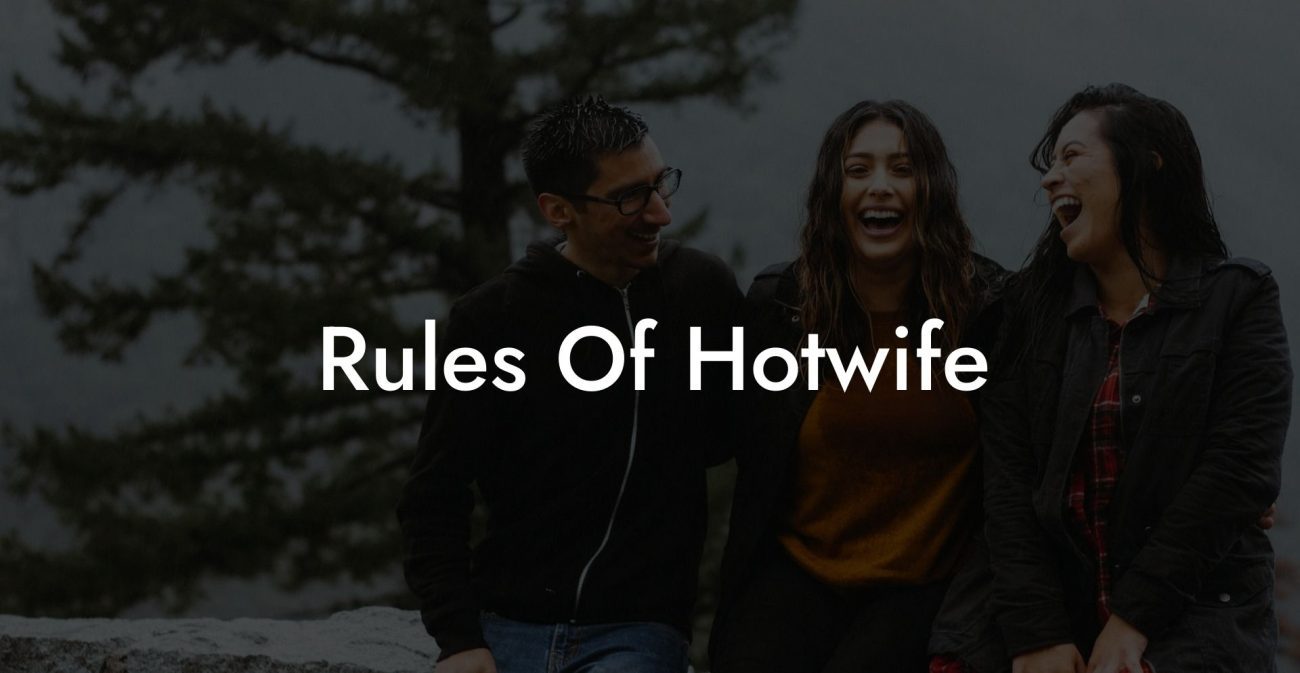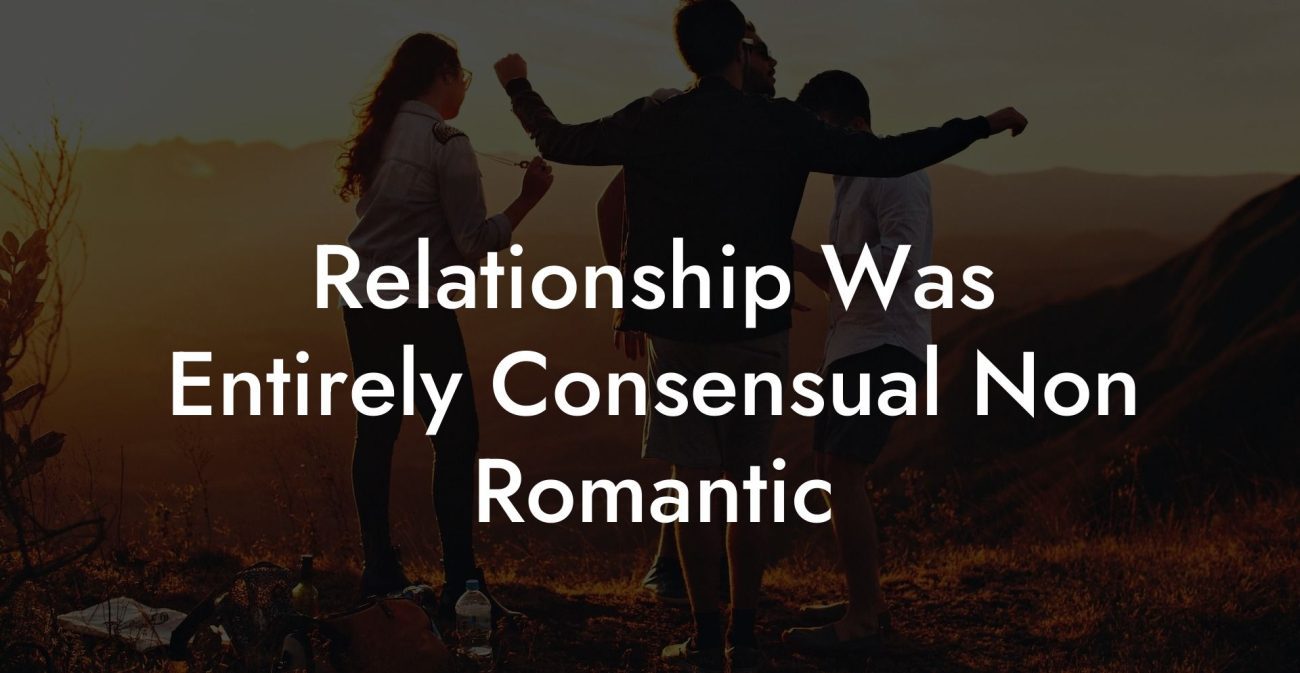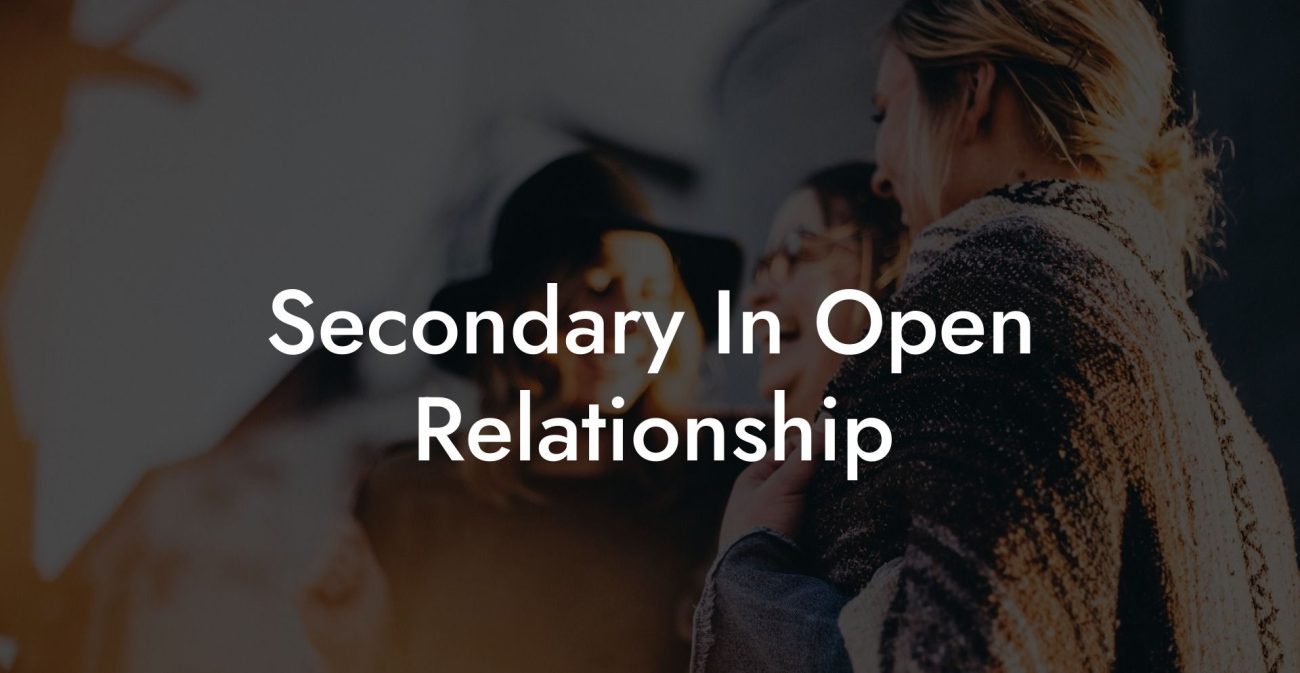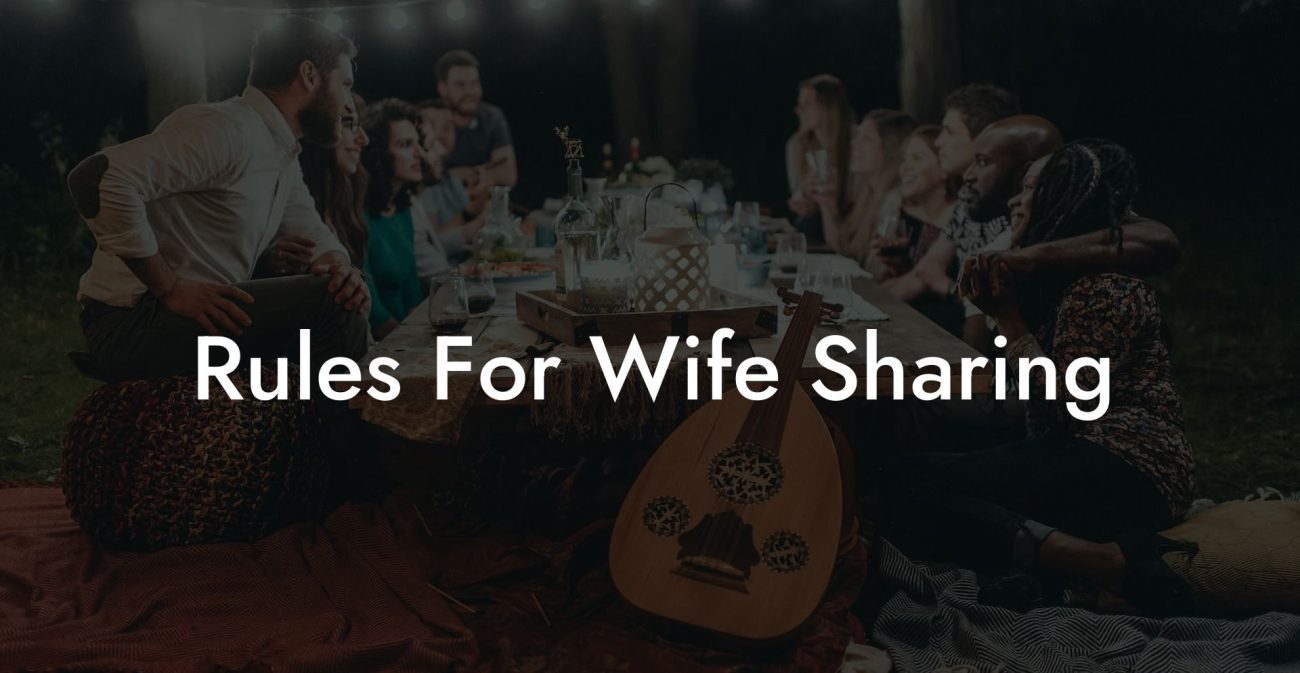Navigating the world of relationships can be challenging – and that's putting it mildly. Gone are the days where staying together "until death do us part" was the norm. Today, more and more people are exploring alternatives to traditional monogamy, seeking a deeper understanding of their own desires and boundaries. Enter the non-monogamous urban dictionary!
Non Monogamous Urban Dictionary Table of Contents
Curious about polyamory, swinging or open marriages, and the unique terms that come with these relationship styles? Look no further. The Monogamy Experiment invites you to explore this comprehensive guide to non-monogamy terminology, providing everything you need to understand, communicate, and respect the preferences of non-monogamous individuals and their relationships.
Polyamory
This term combines the Greek word "poly" (meaning "many" or "several") and the Latin word "amor" (meaning "love"). Polyamory is the practice of engaging in multiple romantic and/or sexual relationships, with the consent and knowledge of all parties involved. Polyamorous individuals may practice ethical non-monogamy as a way to foster deeper connections, growth experiences, or simply for the excitement and enjoyment of loving, and being loved by, multiple partners.
Swinging
Swinging (also known as "wife-swapping" or "partner-swapping") typically involves committed, primarily heterosexual couples who engage in recreational sexual activities with other couples or singles. Swingers may attend social events, known as swinger parties or clubs, with the intention of meeting like-minded individuals to explore consensual, non-monogamous experiences.
Open Relationship
An open relationship is one in which both partners agree that they may pursue sexual and/or emotional connections with others, outside of their partnership. The boundaries and rules of an open relationship can vary significantly between couples; it's crucial that they communicate openly, honestly and continuously about their desires and boundaries to ensure a healthy, trusting dynamic.
Hierarchical Polyamory
In this form of polyamory, individuals may have primary, secondary, and tertiary partners. Primary partners typically share the most emotional connection and commitment, often living together or being entwined financially, legally, or with shared parenting responsibilities. Secondary partners are typically romantic or sexual connections outside of the primary partnership, and tertiary partners are more casual in nature.
Solo Polyamory
As the name suggests, solo polyamory refers to individuals who practice ethical non-monogamy, but prioritize their autonomy and independence. They may have multiple connections, but often avoid hierarchical structures, and may not desire a traditional primary partnership or coupling behaviors (e.g., cohabitation or shared finances).
Relationship Anarchy
This term, coined by Swedish polyamorist Andie Nordgren, refers to radical autonomy within relationships, rejecting traditional social norms, labels, and expectations. Relationship anarchists prioritize open communication and individual freedom, creating unique agreements for each relationship based on the desires and boundaries of everyone involved – they may have sexual, romantic, or platonic connections, without adhering to conventional relationship structures.
Non Monogamous Example
Meet Sarah and Mike. They've been married for five years and have two children together. They love each other deeply but crave the excitement and novelty of new connections. After many open and honest discussions, they decide to open their marriage, experimenting with both swinging and polyamory. Together, they establish guidelines and boundaries, ensuring their newfound explorations support a healthy and trusting partnership. Sarah finds a secondary partner, while Mike attends swinger parties with Sarah or by himself. Through their non-monogamous journey, they learn more about themselves, forging stronger bonds with each other, and enjoying the excitement of connecting with new partners.
Diving into the world of non-monogamy can seem daunting, but understanding the language is step one in pursuing your desires openly and ethically. Just remember – communication and consent are fundamental. If you found this non-monogamous urban dictionary helpful, we invite you to share it with others, and discover more valuable resources on The Monogamy Experiment. From understanding polyamory to embracing open marriages and more, it's time to break free from traditional norms and explore the beauty in the diversity of authentic human connections.

